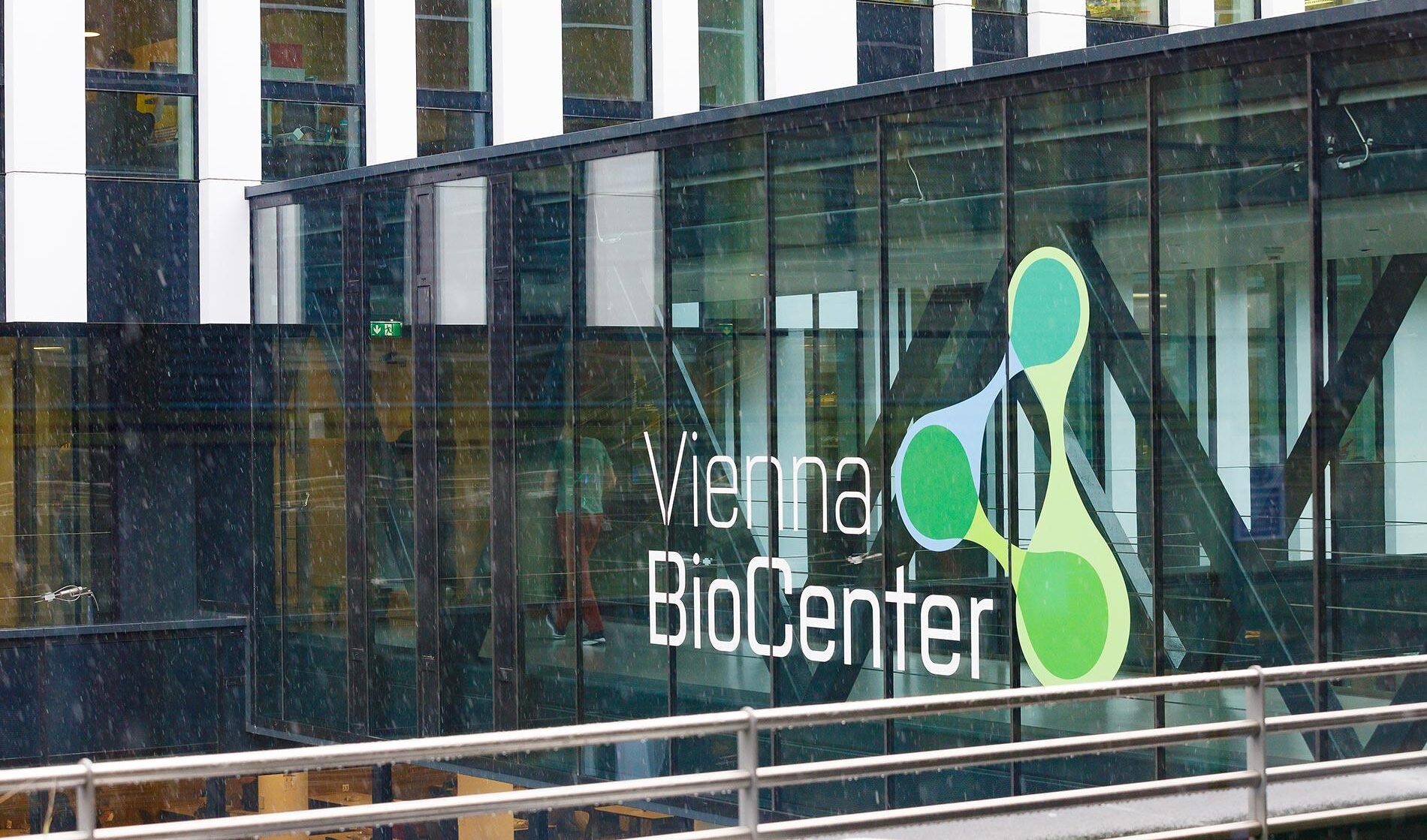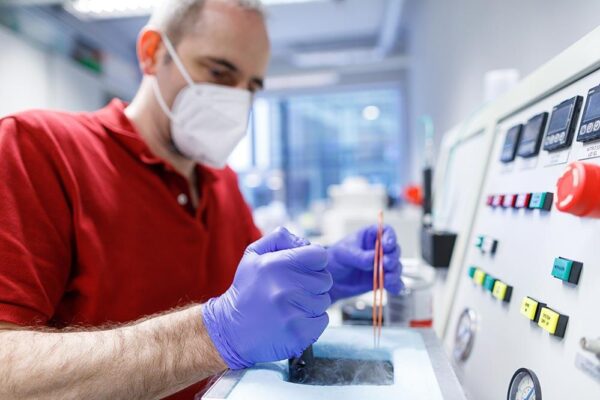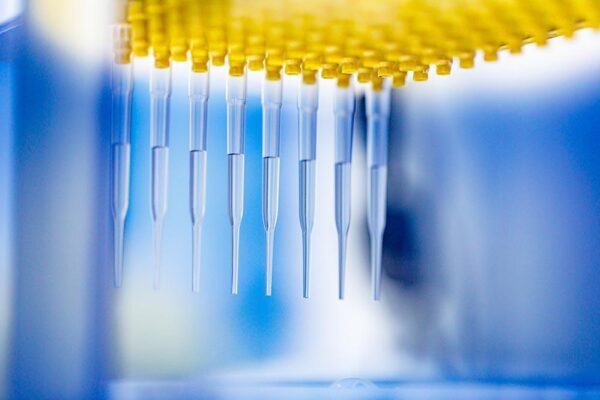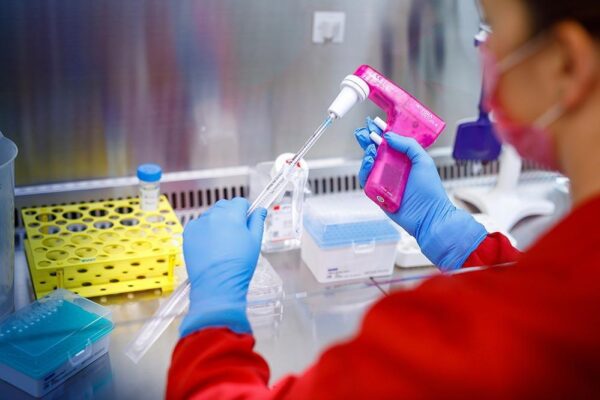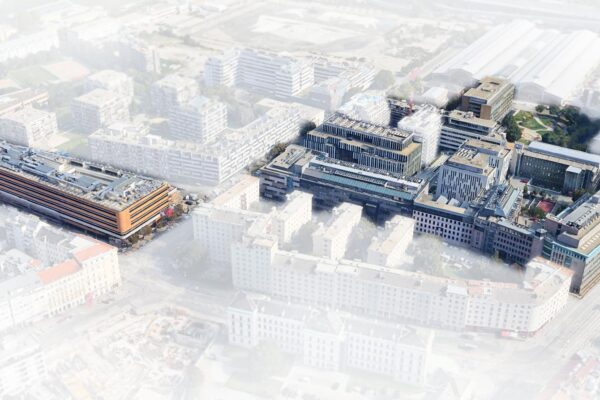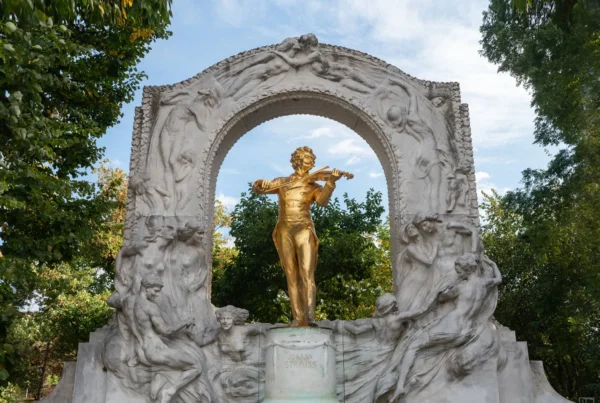The Vienna BioCenter located in Austria’s capital city is one of Europe’s leading life science clusters. With more than 2650 people from 80 countries working on this campus, the reputation of this leading life science hub continues to attract start-ups and research institutes in the biomedical field.
Benedikt Mandl, 5 September 2022
Almost half of Vienna’s two million residents have international roots, either foreign born or children to foreign born parents. Since 1979, Vienna is one of the four global UN headquarters. The others being New York, Geneva and Nairobi. The UN in Vienna employs more than 5000 people from 125 countries. While the United Nations and internationally operating corporations feature prominently in expat outlets, research centres in Austria are often overlooked.
Located in St. Marx, in the northern part of Vienna’s 3rd district, the Vienna BioCenter is a cluster of over 50 entities that operate in life science research, business, and education. Six research organisations, three universities and over 40 biotech companies employ over 2650 people from around 80 countries. English is the primary working language for most of the research institutions and companies operating at the Vienna BioCenter.
The Vienna BioCenter started in the late 1980s. The German pharmaceutical company Boehringer Ingelheim partnered with the US biotech company Genentech to launch a basic research institute – the Research Institute of Molecular Pathology (IMP). Max Birnstiel, a world-renown biochemist, was recruited as its first director. Under his visionary leadership the IMP initiated a collaboration with the relevant institutes of the University of Vienna. These institutes then moved into the Vienna BioCenter next to the IMP in 1992. Collaborations on education, joint research infrastructure and expert staff scientists brought international recognition to IMP. To increase name recognition for the Vienna BioCenter many of these entities later cooperated on a common online marketing platform. The Vienna BioCenter’s core facilities provide centralised research infrastructure and expert services.
Today, the IMP works closely with the Institute of Molecular Biotechnology (IMBA) and the Gregor-Mendel-Institute of Molecular Plant Biology, both founded by the Austrian Academy of Sciences. The University of Vienna and Medical University of Vienna run the Max Perutz Labs located at the Vienna BioCenter. Recently, the University of Vienna added a new facility for its faculty of life sciences and microbiology with 500 staff and over 3000 students. The Vienna University of Applied Sciences offers biotech studies, and dozens of companies, from small start-ups to larger corporations such as the French-Austrian firm Valneva can be found on the campus.
Growing around the IMP, the Vienna BioCenter has transformed St. Marx – which during the Austro-Hungarian monarchy was home to industrial production facilities and a slaughterhouse. The St. Marx neighbourhood has evolved and now has a modern feel, attracting many students, families, and young professionals with a global vibe.
Today the Vienna BioCenter is known internationally for its academic rigor. Since 2007, the highly competitive European Research Council (ERC) grants were awarded to 75 researchers at the Vienna BioCenter. These grants have brought millions of euros in research funds to the Vienna BioCenter.
Three scientists with ties to the Vienna BioCenter are laureates of the Breakthrough Prize, the World’s most generously endowed research award: Angelika Amon, Kim Nasmyth and Emmanuelle Charpentier. Angelika Amon was an Austrian American molecular and cell biologist. She was the Kathleen and Curtis Marble Professor in Cancer Research at the Massachusetts Institute of Technology in Cambridge, Massachusetts. She died in 2020.
Kim Nasmyth, the Whitley Professor of Biochemistry at the University of Oxford and a Fellow of Trinity College, Oxford. He was the former scientific director of the IMP, and the former head of the Department of Biochemistry at the University of Oxford.
Emmanuelle Charpentier is a professor and researcher in microbiology, genetics, and biochemistry. She heads the Max Planck Institute for Infection Biology in Berlin since 2015. In 2018, she founded an independent research institute, the Max Planck Unit for the Science of Pathogens. She is French.
The future of the Vienna BioCenter looks bright. The basic research institutes continue to produce outstanding cutting-edge research – while training future generations of scientists in its labs. The campus has an ever-increasing visibility. In recent years the growing brand recognition for the “Vienna BioCenter” has raised the profile of the center internationally within the life science community. The time is ripe for other communities in Vienna and beyond to take notice of this extraordinary success story.
Pictures © Ludwig Schedl / IMP.
Picture of the Campus © Vienna BioCenter.
Other Articles Which Might Interest You
Angelika Amon’s Pioneering Legacy in Biology


